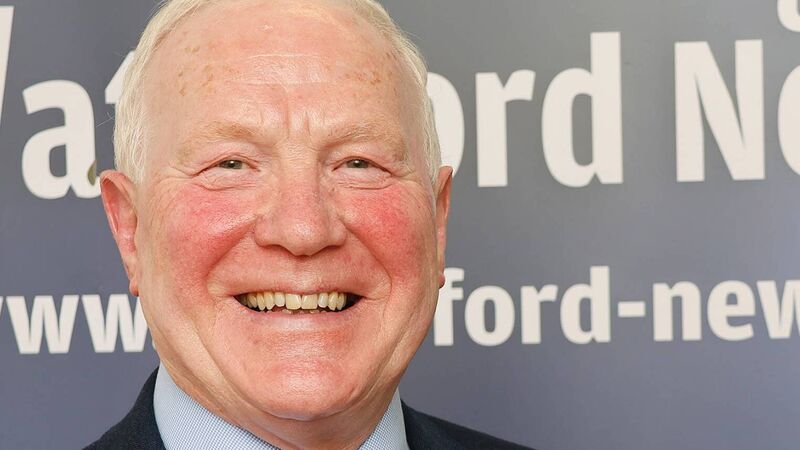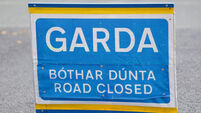Senator asks if SpunOut view on loneliness has 'a dimension of snowflake syndrome'

Seantor Joe Conway challenged SpunOut CEO Sinéad Keane's call for action on youth loneliness during Wednesday's Oireachtas education committee session. File picture
Research highlighting high rates of loneliness among young people was questioned as having "a dimension of snowflake syndrome" by a senator at the Oireachtas education committee.
The committee met on Wednesday to hear from representatives from a number of different organisations regarding the implementation of the National Youth Strategy.














